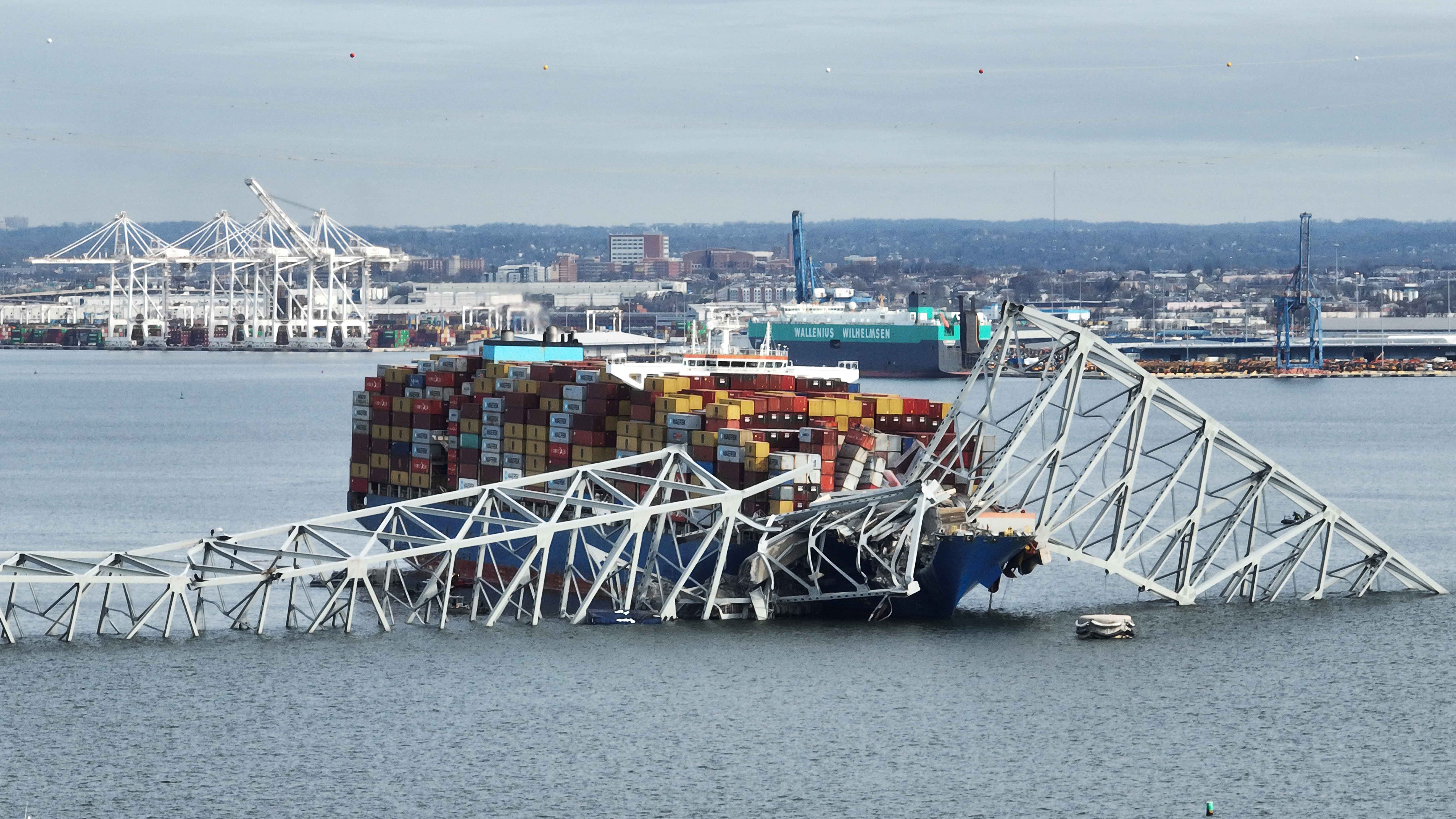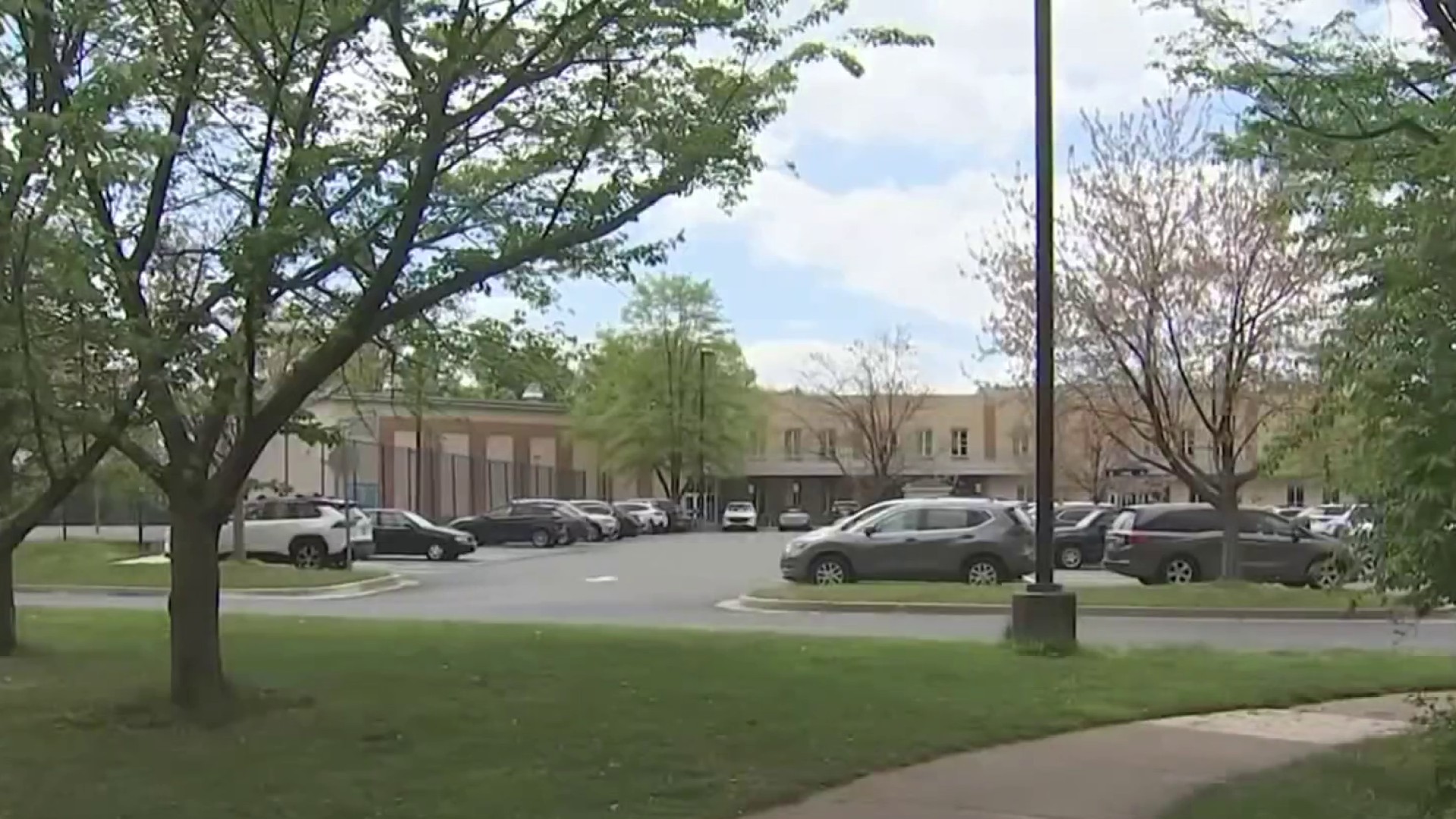Animal welfare groups, industry officials and political leaders are renewing their calls for stricter federal oversight of thoroughbred horse racing, after a series of reports by the News4 I-Team.
Supporters of two different pieces of legislation have cited the I-Team’s findings in championing their proposals for change.
The I-Team investigation in August revealed at least 160 horse deaths at the Charles Town Races track in West Virginia since 2014. Though the rate of horse deaths at Charles Town is nearly average the rate of thoroughbred breakdowns nationwide, the investigation also detailed dozens of positive drug tests by horses at Charles Town and an ongoing dispute over the positioning of race stewards at the track by the West Virginia Racing Commission.
The I-Team’s report raises questions about whether the feds should order the U.S. Anti-Doping Agency to provide nationwide oversight of the use of medications in the industry, U.S. Humane Society Chief Executive Officer Wayne Pacelle said.
“There’s a crisis of confidence,” he said. “All of the different racing jurisdictions have different rules, but it’s national industry.”
The Humane Society is part of a coalition advocating for a new federal law. The coalition includes former Maryland Jockey Club Chief Executive Officer Joe DeFrancis, who said the industry needs a national governing body.
“That really is the essence of the problem,” DeFrancis said. “(The rules) of West Virginia are different from Maryland, which in turn are different from Pennsylvania, which in turn are different from New Jersey.”
Local
Washington, D.C., Maryland and Virginia local news, events and information
The congressional bill providing authority to the U.S. Anti-Doping Agency, House Resolution 3084, was formally introduced in 2015. In a statement to News4, the National Horsemen’s Benevolent and Protective Association was critical of the proposal.
“The path to national medication uniformity in horse racing is not through an additional layer of bureaucracy, but rather working together through appropriate research,” the statement said.
Drug tests nationwide show only a small percentage of violations, according to the organization, and the industry is already working on uniform standards.
“Rules will rapidly be adopted by regulators across all jurisdictions, negating the need for federal legislation,” the statement said.
Other industry organizations have not yet taken firm positions on the bill.
In a statement to News4, National Throughbred Racing Association President Alex Waldrop said, “The NTRA also wants consistent, first-rate medication regulation nationwide, but our members are not in agreement regarding how to accomplish these important goals, so we are working with all parties to find common ground. “
The American Association of Equine Practitioners said, “(The organization) has long-supported uniformity of medication regulation in horse racing, and we do not oppose a single governing body for the sport. However, the regulatory structure of such a governing body is very important.”
Rep. Joe Pitts (R-Pa.) said the findings of the I-Team’s report were troubling.
“The animals are being harmed and killed,” he said. “The jockeys are being maimed. It is not acceptable.”
Pitts has sponsored a separate bill in Congress to outlaw the use of race day medications.
“That’s the solution, with severe penalties for those who don’t abide by those standards,” he said.
The 160 deaths reviewed by the I-Team include a freak and tragic incident in December 2014 in which a horse stumbled, lost its jockey, then broke free in the wrong direction, triggering a head-on collision with other thoroughbreds on the track.
An investigation into the incident ordered by the West Virginia Racing Commission recommended changes in safety protocols to prevent future mishaps, including a recommendation that a state racing steward watch future races with binoculars from an outdoor position along an elevated rail above the grandstand. The investigation found the stewards were instead watching the December 2014 race on a TV monitor from inside a glass-enclosed booth when the incident occurred.
The I-Team review of multiple races at Charles Town in the year since the recommendation was issued found stewards are continuing to watch races exclusively from inside the glass-enclosed booth, not out on the railing with binoculars. During 12 races viewed by the I-Team, racing stewards watched the race from the recommended position on the railing zero times.
The stewards would be better positioned to see wrong-way horses and other safety hazards by watching races live along the outdoor rail, Charles Town Races operations manager Erich Zimny said.
“Their employees are not doing what was in their initial recommendations,” Zimny said. “We do feel there is some risk by them not (watching on the rail), but all we can do is bring it to the racing commission's attention.”
When asked why the Racing Commission hasn’t ordered the stewards to move outside to a position on the rail, a spokeswoman for the West Virginia Racing Commission said, “Having constant communication with the other two stewards reduces reaction time in the event there is a problem on the track. This is delayed if a steward is outside on the rail viewing the race.”
“Clearly in that incident there were a number of failures that allowed the tragic situation to play out,” Pacelle said. “They should have taken steps to fix that problem, and it's disappointing that they haven't done so."



